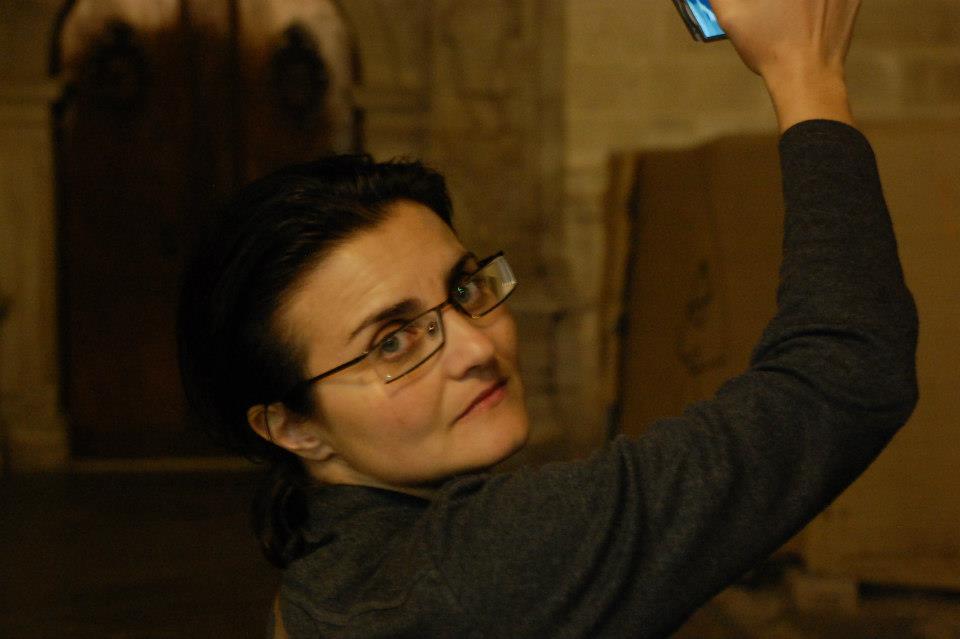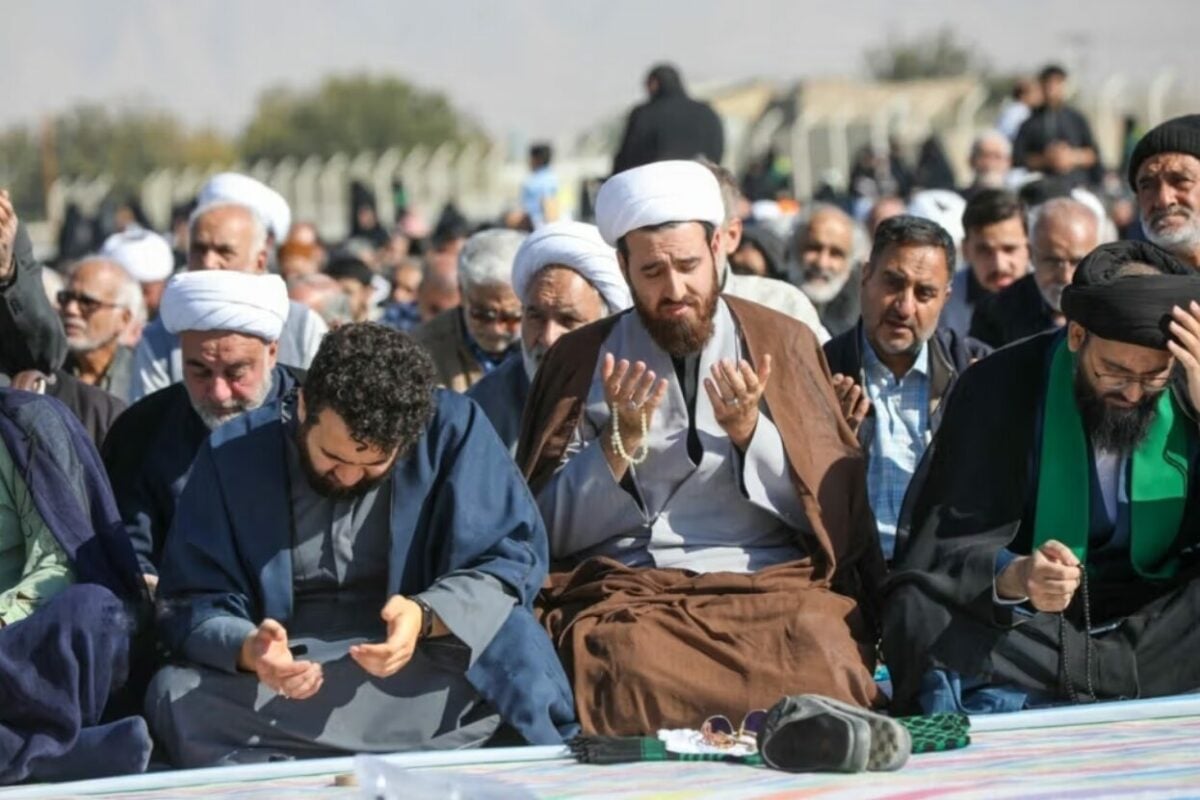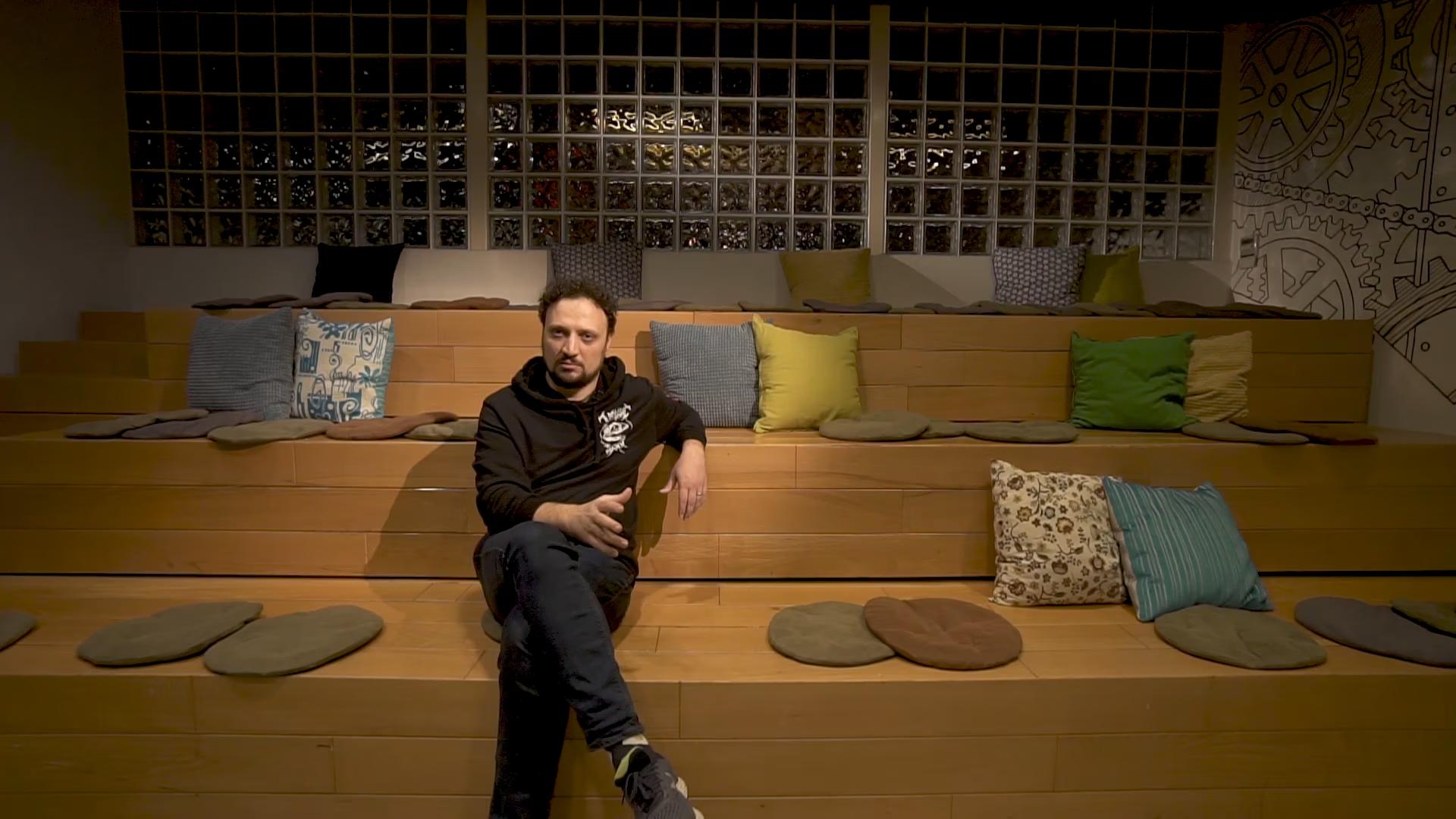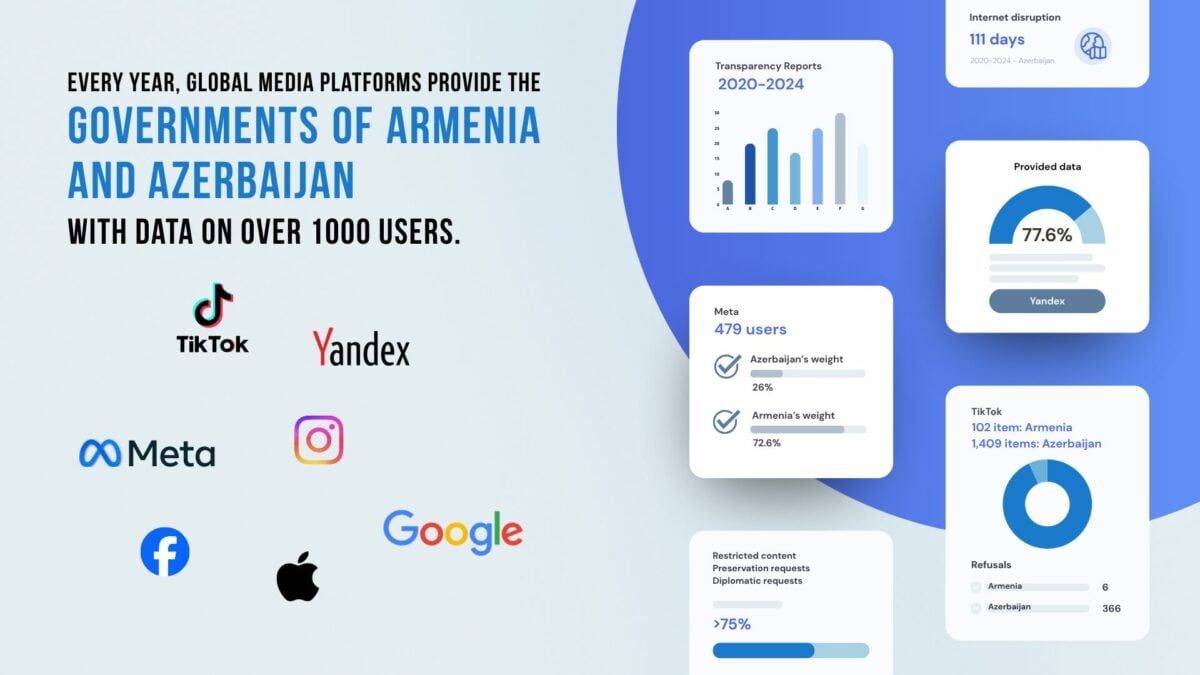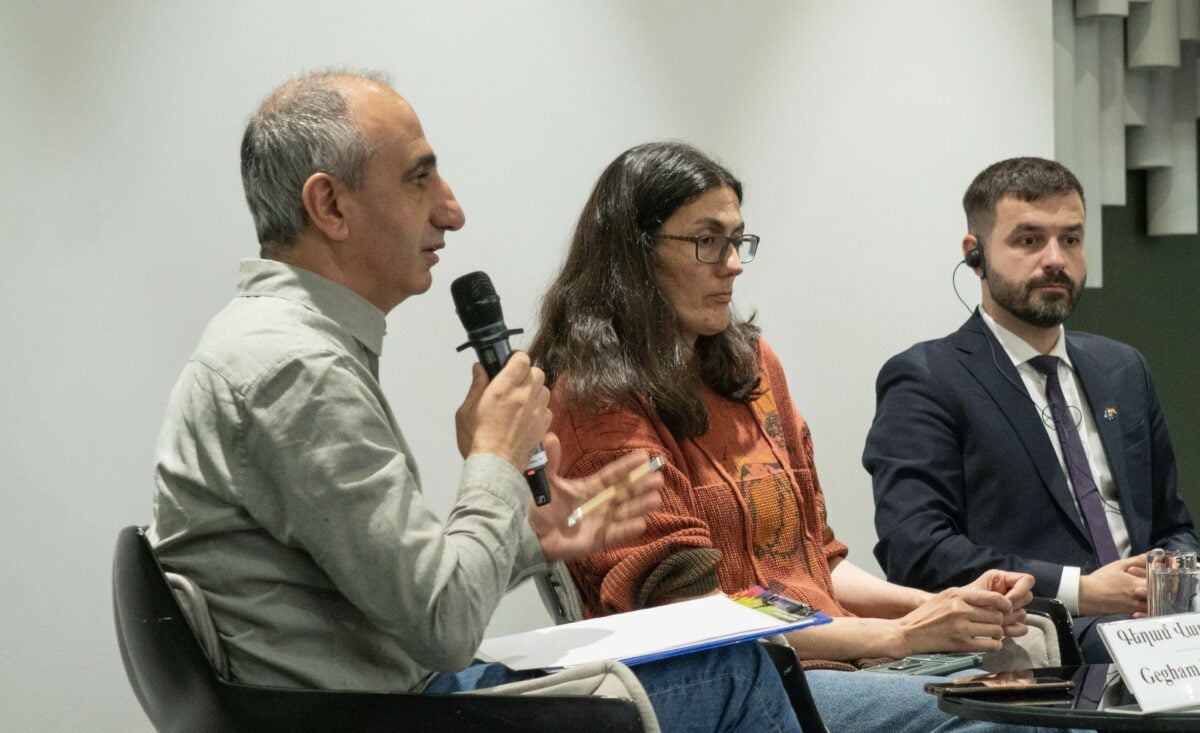Ethnographer Gayane Shagoyan is one of the few experts who tries to study on a broad scale the changes happening to us. Our language, ideas and assessments stored in standard boxes, and memories and their reflections in daily life, in contacts with others, and in the media industry today become material for modern ethnography.
Shagoyan observes that the media today has become the digital version of the spoken word and actively influences the establishing or dismantling of public connections. And we’re now in a reality where not state, but community initiatives have more weight and produce results.
Anyone from the media, also from social media, has become dependent. To what extent does this have an effect on society?
In the modern world, it’s the media that shapes us as the public: this formula of Benedict Anderson’s brought out for the modern period still applies. You read the news, identify with some group, and with that, define yourself and your community. As long as you don’t have your media, that is, media uniting you to a group, you don’t have that group.
Basically, the media is the most important feature of the state.
The state aspires to shape a single general field of information, which of course doesn’t mean that the news must be transmitted from one source or one center; rather, it’s the news that is available to any member of a given public. And each member, reading the news, identifies with the given group or state, thereby understanding who he or she is.
Doesn’t that individual identify with the given group’s news media?
You can agree or disagree, but in any case you see which is the common thread of the information and which group shares that news media.
Today, the type, quality, access, and ultimately, the source of the media has changed. If in the past, a few newspapers shaped the main message, well now social media successfully competes with traditional journalism. Blog posts, for example, might have more readers than the entire audience of some media outlets.
Social networking sites are becoming the channel through which media outlets are also distributed. You read not the entire news stream but selected articles. The personalized newsfeed is shaped on its own, already through mediated social connections and groups.
When you see how people in remote villages get information and convey it to one another, you realize what a powerful tool the media is.
If a person trusts the spoken word more, he always prefers to know what his friend or neighbor thinks about some issue or another. And very often the media becomes the digital version of the spoken word.
You can hear, “Yesterday, my neighbor read on the internet and said…” It is considered a verified source. And it proves that we’re more so in the format of a community and not a state.
The media is a feature of modern ethnography, since it unites people (in residential courtyards or online) and prompts them to discuss what happened. Discussing the news is a serious tradition, even a ritual.
It’s a pity that we don’t have serious discussions on the anthropology of the media. How the media shaped our language and way of thinking during the Soviet years, this issue is generally not discussed. But it’s very important particularly for an independent state that is trying to shape a modern public.
Basically, our public was shaped during the Soviet period, when watching television and reading the paper became a habit. But a question arises: in what language did the media reach us and how did we perceive it?
The Institute of Archaeology and Ethnography will be publishing a book on the ethnography of the repressions in daily life. Here, among several issues, discussed in Harutyun Marutyan’s piece is how the labels of the “guilty” (“traitor to the nation,” “enemy of the people,” and so on) transferred from the media to the public and still apply.
The deconstruction of these word formulations hasn’t happened, and many are now returning to these clichés, without thinking from where they originated. This is a result of the lack of reflection. We even think with those clichés.
Speaking on behalf of the nation and manipulating the image of the enemy are among those clichés. Added to these is the rabiz (in a good and broad sense) lexicon. For example, articles are published with headlines such as “We made the enemy’s mama cry” and “Let’s ease your troubles*, dear heroes”.
The revelation of such language in the media proves that the journalist doesn’t shape new language himself but exploits folk turns of phrase, so the reader can immediately see the connection. It’s understandable that headlines have to be alluring (“sexy”), but the new language offered by the journalist should also emerge and develop alongside this.
New word formulations reach the public first of all from the media, since the media is the most accessible and common tool.
Ultimately, from the existential perspective, each person creates their own worldview through text. If you don’t process it, you won’t understand how to categorize and arrange what you know and which “box” of your brain to put it in.
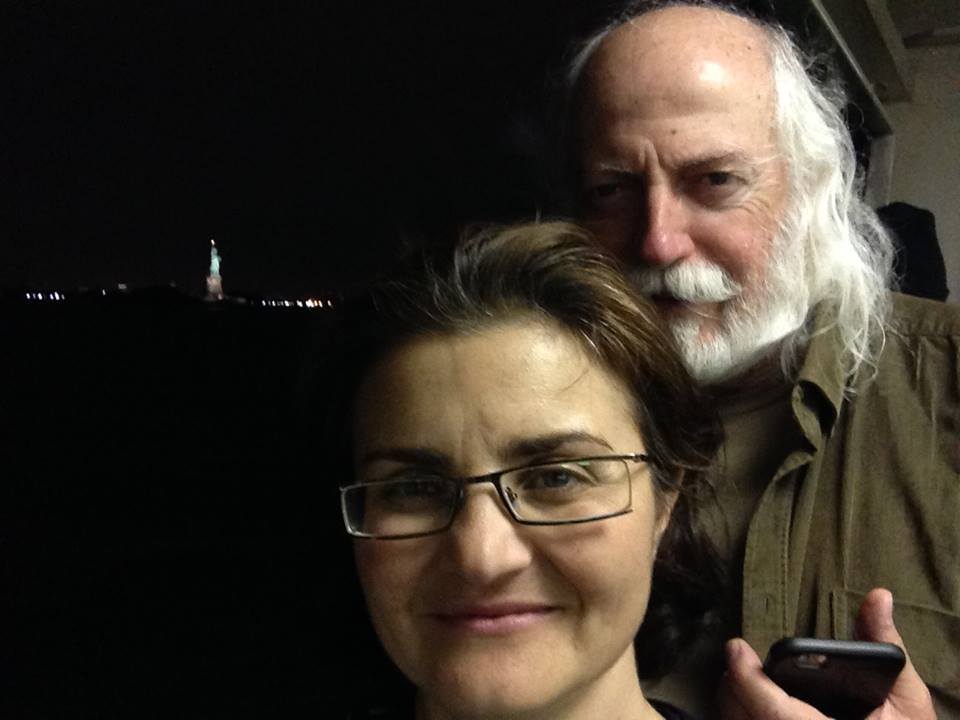 There are historical events that shape meta-narratives. That is, they are the main molds in which what happens today fits and through which they are explained. It’s also a meta-language, which makes today’s stories more emotionally compelling.
There are historical events that shape meta-narratives. That is, they are the main molds in which what happens today fits and through which they are explained. It’s also a meta-language, which makes today’s stories more emotionally compelling.
Genocide is one such meta-narrative. If you want your words to be influential, you use the links with the genocide or the language of that discourse. Even the opposition field makes its words understandable using the genocide meta-narrative. For example, it says, “1.5 million +10” and the “100th anniversary without the regime”. I wrote a piece [RU] about this.
Through the meta-narrative you understand where the boundary between “us” and the enemy lies. As a rule, we identify the enemy with the Turk; we also call Azerbaijanis Turks, thereby directing the full force of the public on “new enemies,” connecting them to the past.
This pathos is transferred from sector to sector and becomes more reinforced.
And it doesn’t necessarily have to be verbal language; memories are conveyed also through images. Even personal photo albums are compiled with this language. A person doesn’t imagine his own biography without his country’s biography. That’s what a totalitarian social order does with a person: it embeds him within it.
But do we equate ourselves with the state now? In many cases it’s the opposite: we try in every way to alienate ourselves from state institutions.
It’s a different situation in independent Armenia: we often operate in such a way as though we don’t have a state.
The four-day war in April (which, to be honest, has not ceased, but due to the media is called as such) showed that we are able to quickly mobilize as a community. Of course, it’s good that there is at least that potential, which unfortunately, originated from the group experience of genocide and war.
But let’s not forget too that this means signing on to defeat. Basically, in 25 years, we were unable to shape a state and a sense of citizenship. And now in a time of trouble it seems we’re saying well, let’s now keep an army, buy arms and equipment.
In this situation you understand that the steps you take are more effective than those taken by state institutions. It turns out that despite having a state, we continue to live according to the format and mood of a community.
And that first of all is the ruling authorities’ problem. The people did all that it could.
Recently, during a scientific expedition, I spoke with a woman from Getashen who excited and admiringly said that the village administration (she said “selsoviet” [rural council], which again attests to the stability of Soviet vocabulary) had organized a fundraiser to help the soldiers on the frontline.
When local institutions begin to collect funds from residents it means that the state doesn’t have money for the army. And the most painful thing is that the army really does need funds.
This woman said, “We all gave money within the limits of our pockets.” This articulation describes our situation the best. According to the limits of one’s pocket; that is, the measure…
And if those people who pocketed state assets (the earth’s riches, humanitarian aid, loans that we’ll have to repay for years to come) truly participated to the extent of their pockets, the picture would be different.
That is, the community organizes at the lower levels; the elite, remain outside of that — they’ve not only wrecked statehood, but also stopped being part of the community.
The investments for state defense are so incommensurable that you understand that this is another exploitation of the citizens by the elite, which does everything to preserve and protect its assets.
You get disheartened seeing that they haven’t left any room to ask, to negotiate. No matter how much you want to come out of the war discourse, you can’t. In Azerbaijan too there is a civil society that is oppressed like ours and is barely able to make an impact. The elite of our two countries is also the same. The troops have come face to face.
This is a real war, no matter how much we say it’s not.
It turns out we’re ready to go to war but we’re not ready to live.
For us, the meaning of life is not happiness, building future visions, but again to survive, to be rescued, to fall into a war pathos, to become heroes. A torrent of such texts comes from the media and social media. This torrent begins to shape en masse the idea of heroism because it turns out that apart from the spirit, we have no other weapon to protect ourselves with.
Every night I watch the news sympathetically and, to tell the truth, with a feeling of shame, particularly when I see the wailing of families that have lost 18-year-old children. It turns out that we live at the expense of families that have lost sons and on top of that, we say, “We made the Turks’ mother cry.”
Each of us tries to understand for whom and what we are protecting. A thousand and one comments and reasons are made and given. But the only thing that’s understandable is that people are dying on the border. And this is the life-and-death struggle of not the soldiers, but of those elsewhere.
Community journalism has been established now and works very well. Volunteers are creating a database of the families of the wounded and the victims, and lists of needs are compiled. And again, this is done not by the state institutions, but by the community.
It became clear that society is a few steps ahead of the ruling authorities.
The soldiers who are killed are the children of Armenia’s poorest [families]. And it’s they who are at the frontline even now. So we either have to accept that 99% of Armenia’s population is poor, and only 1% is [financially] secure, which are never seen on the frontline.
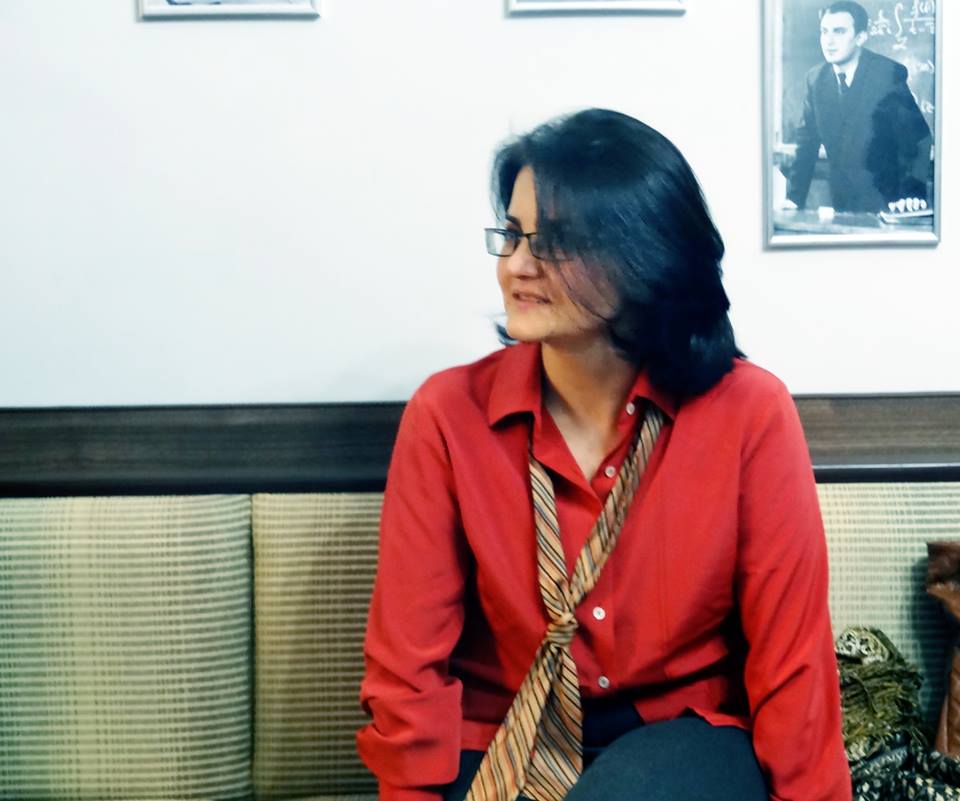
Or we accept that we have huge corruption in the army, as a result of which in the army are those who can’t pay not to serve or not to be posted to the frontline.
And what’s interesting is the judgments and assessments of the poor are of a much higher calibre than the uttered texts of the so-called elite. You can listen to the opinions of 14- to 15-year-old youth and realize they’re much more intelligent and farsighted than the public texts of any official of ours (even the country’s president).
That is, we’re in a situation whereby the public with its awareness is much more progressive than the ruling authorities.
Can we expect a change in the elite?
The current elite has leverage and is prepared to lead society to its collapse by defending itself. This is the logic of money.
And this imbalance leads to the fact that it’s difficult to expect changes. If, for example, the less educated masses in Egypt can change the situation, well here [in Armenia], no. The masses at the bottom are much more perceptive than the elite.
The ability to comprehend keeps one away from [taking] radical steps. And with this, the public jeopardizes itself even more, since it remains in the clutches of the same elite. Our opposition is guided by the same logic, language, and outlook as the ruling authorities.
It’s unfortunate, but you can shut the mouth of the elite only when they shoot at your border and you are the one who keeps the soldier, mobilizing at lightning speed. Only in that case are you freed from the subsequent banal texts of the elite.
Members of the elite who create local narratives and say new things must be established also in the media sector. But that happens only on very small platforms that likewise operate at the community level. See where alternative speech is created: Boon [TV], Utopiana, who are trying also to publicize it. But these are individual, targeted initiatives.
It seems media reports don’t have outcomes, shifts, or some response.
I believe the media’s consistent work is very important. I, for example, am very grateful to Azatutyun radio [RFE/RL’s Armenian service], which every day produced a reportage on the erecting of Mikoyan’s statue. And so, for two consecutive months. As a result of that targeted work, the other media outlets (also TV stations, which had decided not to cover this topic at all) were forced to enter the discussions. And shaped alongside the official opinion was also an opposing opinion.
When a topic is much discussed, the alternative is not to be silent, but to speak (even by expressing the opposite opinion).
It turned out that the ruling authorities didn’t dare go against the wish of Mikoyan’s descendants and abandon the idea of erecting the statue. But the media kept the subject on the agenda and raised a public storm.
As a result, it changed the discourse. And no matter how much we say that the media outlets are not free, that’s not so. Particularly in the case of digital and social media, it’s possible to achieve results, When you constantly repeat the same thing, it has a snowball effect. And it depends on the journalists’ professionalism, when the topic grows and expands like a snowball and when by repeating it a lot, it becomes impalpable and repulsive.
Frankly, much more important for me is not the result (renouncing the statue), but the language that is shaped while raising issues.
If I was a journalist today, I would take a topic on the war and present it from two perspectives: the ruling authorities’ and that of simple people living on the edge of poverty. I would place their texts side by side, and it would immediately become clear whose words are more intelligent and valuable, sincere or bogus, whom we can trust and whom we confidently should not believe.
Interview by Nune Hakhverdyan
*“Let me ease your troubles” is the literal translation of an Armenian expression denoting empathy and concern.

